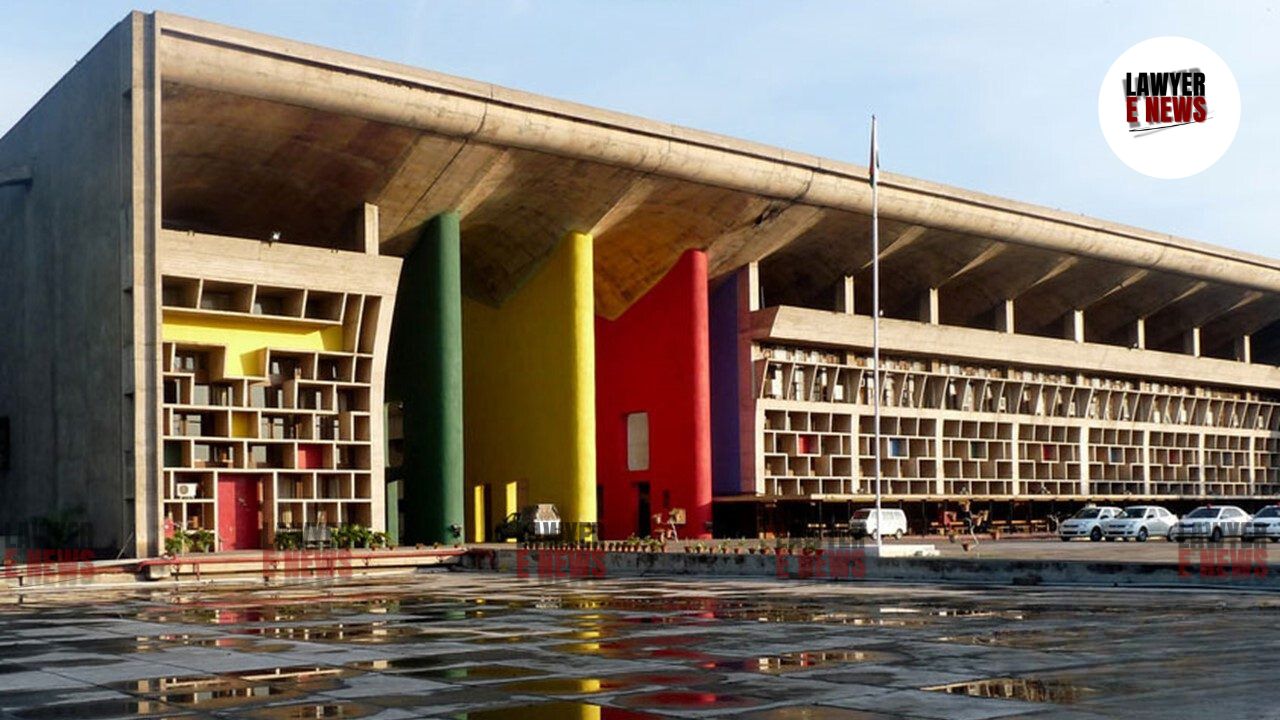-
by Admin
16 February 2026 5:45 AM



In a significant ruling, the Punjab & Haryana High Court has granted regular bail to Sukhdeep Singh alias Sukh, accused in a case involving the murder of one Chandan. Justice Kuldeep Tiwari, presiding over the matter, questioned the sufficiency of evidence against the petitioner, particularly the reliance on co-accused disclosures, and emphasized the legal principle that "bail is the rule and jail is the exception." The decision sheds light on concerns related to the protracted incarceration of the accused without substantive examination of witnesses.
The case against Sukhdeep Singh stems from an FIR registered on July 5, 2023, following the death of Chandan. The complaint was lodged by Chandan’s father, Surinder Pal, who reported that his son had been last seen with the petitioner and other accused. It was alleged that the accused administered an overdose of intoxicants to Chandan, resulting in his death, and later disposed of his body near the Fazilka bypass in Abohar. The petitioner was initially arrested under Sections 304, 201, and 34 of the Indian Penal Code (IPC) and relevant sections of the Narcotic Drugs and Psychotropic Substances (NDPS) Act. However, after medical reports suggested head injuries, Section 302 (murder) of IPC was added, and the petitioner was re-arrested in November 2023.
The prosecution initially based its case on the allegation that Chandan had died from a drug overdose. However, after a medical examination, a new claim emerged, stating that Chandan had sustained head injuries caused by a brickbat, allegedly inflicted by the petitioner. The petitioner’s counsel argued that this change in the prosecution’s story was an attempt to exaggerate the offense, and that beyond a co-accused's disclosure, there was no material evidence connecting the petitioner to the crime.
Justice Kuldeep Tiwari noted that the petitioner had already been incarcerated for more than nine months, and none of the 26 prosecution witnesses had been examined as of the date of the hearing. "The right to a speedy trial is fundamental," the Court remarked, emphasizing the need to ensure that prolonged detention without trial does not infringe upon the rights of the accused.
The Court referred to the foundational principle of criminal law that "bail is the rule, and jail is the exception." In line with past judgments, including State of Rajasthan v. Balchand alias Baliay and Gurbaksh Singh Sibbia v. State of Punjab, the Court underscored that detention is not meant to be punitive, but rather to ensure the availability of the accused for trial. Given the petitioner's extended incarceration and the absence of timely examination of witnesses, the Court found it appropriate to grant bail.
Further, the Court expressed reservations about the sufficiency of the evidence, particularly the reliance on the co-accused's statements, which are yet to be tested in trial. It held that "whether the disclosure of the petitioner and other co-accused is sufficient to connect the petitioner with the crime is a moot question of law" to be determined at trial, not during bail consideration.
Justice Kuldeep Tiwari emphasized the importance of balancing the rights of the accused with the interests of justice: “The petitioner has suffered incarceration of 09 months and 04 days, and no witnesses have been examined till date. Whether the petitioner’s disclosure and the co-accused’s statement are sufficient evidence to connect him with the crime is a matter for trial.”
The Punjab & Haryana High Court's decision to grant regular bail to Sukhdeep Singh highlights critical issues related to the fairness of the criminal justice process, including prolonged pre-trial detention and evolving prosecution narratives. The ruling is a reminder of the judiciary’s commitment to upholding the principle of bail and ensuring that incarceration does not unduly infringe upon the rights of the accused. The case is now set to proceed to trial, where the evidence will be examined in detail.
Date of Decision: August 29, 2024
Sukhdeep Singh Alias Sukh vs. State of Punjab
For the petitioner: Mr. Rhythem Bajaj
For the State: Mr. Pardeep Bajaj, DAG Punjab
